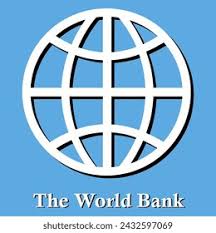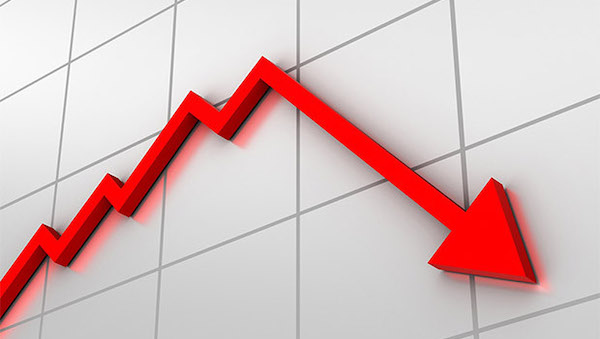Debts Incured Under Obasanjo, Yar’Adua, Jonathan Crippling Nigeria

Nigeria continues to grapple with debt obligations stemming from loan agreements secured during the presidencies of Olusegun Obasanjo, Umaru Musa Yar’Adua, and Goodluck Jonathan, with outstanding commitments totaling $10.6 billion as of June 30, 2024, according to data from the World Bank Group (WBG) Finances platform.
The revelation comes amidst growing national concerns over Nigeria’s escalating debt profile, which stood at N121.67 trillion
91.46billion as of March 31 2024 according to the country’s Debt Management Office. Of that total 42.12 billion represents external borrowing.
The WBG Finances platform, an initiative providing public access to financial data from across the World Bank’s entities, details 69 distinct loan agreements entered into between 2000 and 2014 that remain active. These borrowings were utilized for a wide range of development projects across the nation.
Analysis of the data reveals ongoing repayments for initiatives launched over two decades ago, including the 60 million Community Based Poverty Reduction Project and the 55 million Second Primary Education Project, both approved in 2000. Subsequent years saw significant borrowing; in 2001, 304.3millionwassecuredforprojectsliketheTransmissionDevelopmentProject(100m) and the HIV/AIDS Programme Development ($90.3m).
The borrowing trend continued with
438million in loans secured in 2002,and over 1.1 billion between 2003 and 2005, funding projects focused on local empowerment, environmental management, and small & medium enterprise development. Further substantial borrowing took place between 2006-2010 4billion and 2011−2014(4.3 billion).
Projects funded by these ongoing loans encompass infrastructural development like the Lagos Urban Transport Project, health initiatives such as the Second Health System Development Project, and disease control programs like the Malaria Control Booster Project.
The loans are disbursed through two main arms of the World Bank: the International Bank for Reconstruction and Development (IBRD), which caters to middle-income and creditworthy lower-income nations, and the International Development Association (IDA), providing interest-free loans and grants to the world’s poorest countries.
The continued repayment of these long-standing loans occurs while the current administration itself has 4.95billion to the national debt in its first year.Furthermore,Nigeria has spent a total of 15.55 billion servicing its debts between 2019 and 2024, raising questions about the sustainability of the country’s borrowing and debt management strategies. The ongoing repayment obligations highlight the long-term financial commitments undertaken by successive Nigerian governments, and the challenges of balancing development needs with fiscal responsibility.








